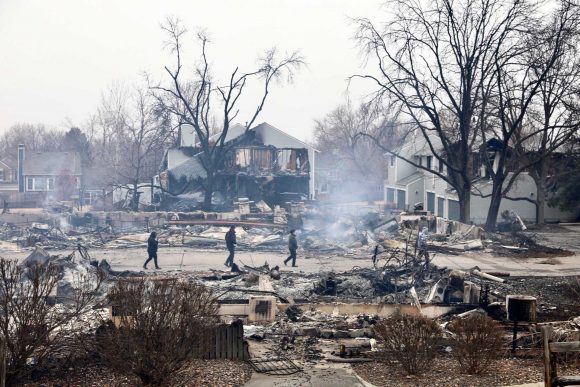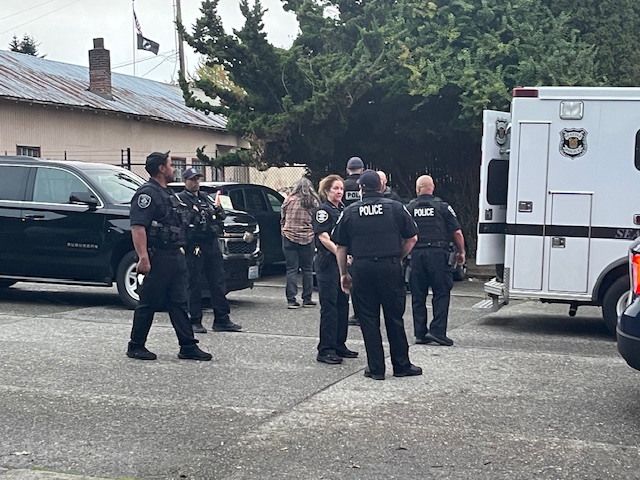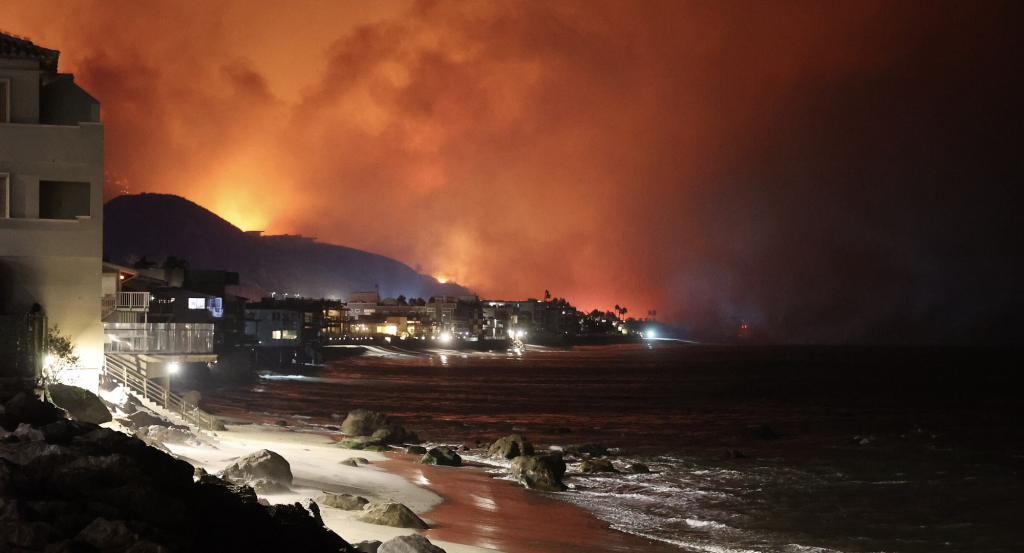A recent study conducted by researchers at the University of Colorado’s Leeds School of Business has found that crowdfunding campaigns played a crucial role in providing informal disaster insurance for victims of the Marshall Fire, the most destructive wildfire in Colorado’s history. The study also revealed significant disparities in earnings between higher and lower-income households.
The Marshall Fire, which occurred in December 2021, destroyed over 1,000 homes and caused extensive damage. Assistant Professor of Finance Emily Gallagher and Finance Professor Tony Cookson co-authored the research and expressed their surprise at the importance of crowdfunding as a source of funds in the aftermath of the disaster.
Crowdfunding platforms like GoFundMe raised more than $23 million for Marshall Fire victims. However, the study showed that the earnings from crowdfunding campaigns varied based on an individual’s personal network. Higher-income individuals tended to receive more support because their networks were better equipped to assist them in times of crisis.
The researchers analyzed 975 GoFundMe campaigns for Marshall Fire survivors and found that households with incomes around $150,000 per year received the highest earnings. Additionally, 12% of fire survivors with a GoFundMe campaign received less than $5,000, which was insufficient to address the significant losses they experienced.
The findings highlight the importance of crowdfunding platforms as an alternative form of disaster insurance. GoFundMe has become one of the most popular sources of crowdfunding, with U.S. recovery campaigns for disasters increasing from $3 million per year in 2013 to over $106 million.
Colorado’s Division of Insurance discovered that approximately two-thirds of homes lost in wildfires were underinsured. As the threat of wildfires grows in Western states like Colorado, traditional insurance policies fail to provide adequate protection for disaster survivors.
Unlike state and federal grants or credit-based personal loans, crowdfunding platforms offer immediate access to funds. This instant liquidity is vital for covering out-of-pocket costs for natural disaster survivors. Lower-income households, whose financial stability often correlates with a diminished credit rating, face challenges in obtaining personal loans to rebuild or repair their homes after a disaster like the Marshall Fire.
The researchers emphasized the importance of supporting all individuals affected by disasters, urging donors to look beyond their usual networks and assist community members who may have fewer people coming across their crowdfunding campaigns.
In conclusion, crowdfunding campaigns have proven to be a crucial source of informal disaster insurance for victims of the Marshall Fire. The study highlights the disparities in earnings based on income and personal networks and emphasizes the need for broader support within communities.



